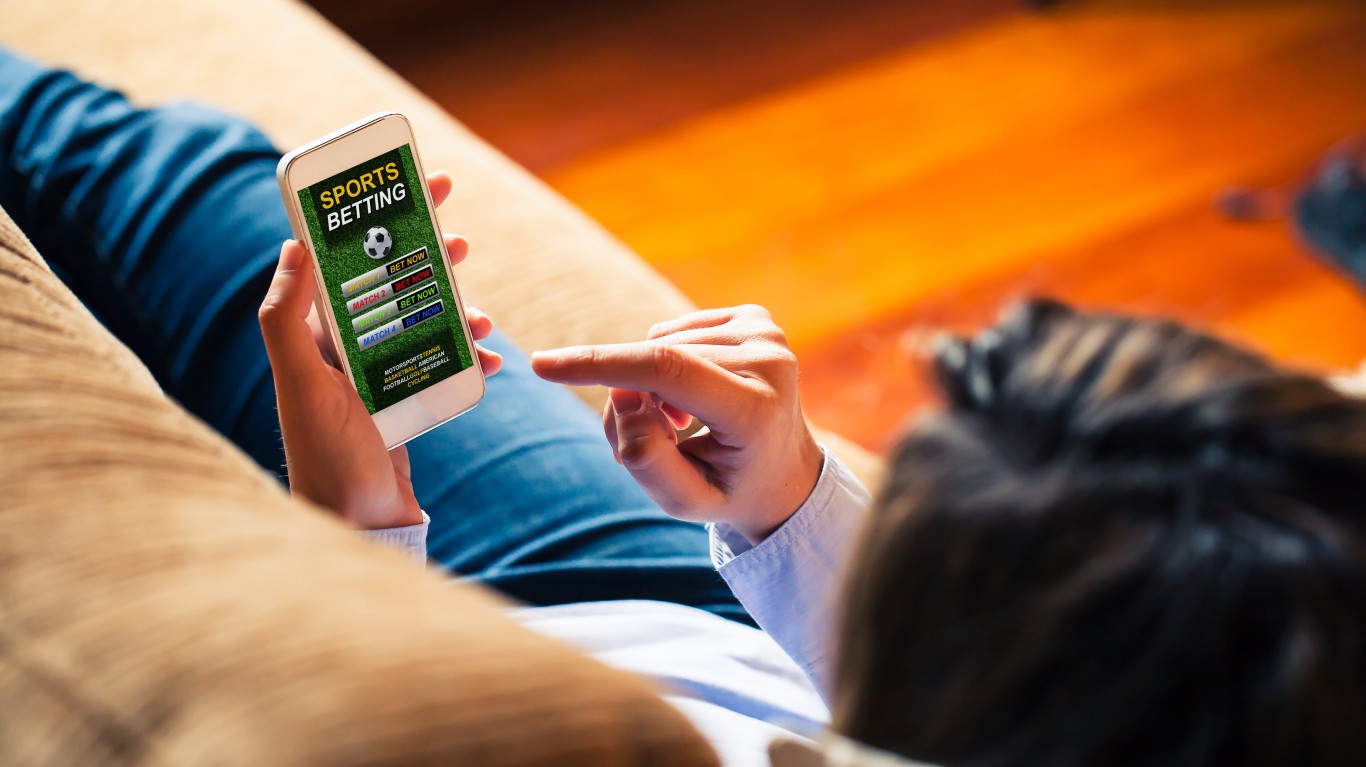

While it was probably inevitable, it is still disappointing that attempts to replicate the ambient temperature superconductivity experimental results reported two weeks ago appear to have failed. Superconduction is a phenomenon that allows electricity to pass through a medium with no resistance and, therefore, no loss of energy to heat.
Superconductors already exist, but in order to work, they need an environment of extremely low temperatures and very high pressure. The material itself is usually comprised of rare and expensive minerals. Three Korean researchers reported in late July that they had achieved superconductivity at room temperature and using a relatively inexpensive medium called lead apatite that they named LK-99.
But in a paper published on Sunday, researchers at China’s Peking University reported that they synthesized an LK-99-like ceramic and observed the same “half-levitation” behavior as the Korean researchers reported. But they concluded that the levitation effect resulted from “soft ferromagnetic” components of the material. They conclude that “our samples do not exhibit superconductivity.”
Here is a Twitter/X thread from Alex Kaplan that explains the Chinese work more abstractly.
It's as close to official as we'll probably get: LK-99 is likely simply a ferromagnetic material, which explains its levitating properties, according to new research from Peking University.
The room temperature superconductivity revolution will have to wait another day.
— Alex Kaplan (@alexkaplan0) August 8, 2023
Other attempts to replicate the Koreans’ work also failed. The Condensed Matter Theory Center at the University of Maryland posted its own Twitter/X thread Tuesday, concluding:
With a great deal of sadness, we now believe that the game is over. LK99 is NOT a superconductor, not even at room temperatures (or at very low temperatures). It is a very highly resistive poor quality material. Period. No point in fighting with the truth. Data have spoken.
On to more mundane matters. Walt Disney Co.’s (NYSE: DIS) ESPN division has signed a deal with casino operator Penn Entertainment Inc. (NASDAQ: PENN) to rebrand its Barstool Sportsbook sports betting app as ESPN Bet. The deal is good for 10 years, with a renewal for another 10 years if both parties agree to the extension.
Penn will pay ESPN $1.5 billion over the 10-year period and has also granted ESPN $500 million in warrants to purchase approximately 3.18 million shares of Penn’s common stock. The rebranded betting app will debut this fall.
In order to meet Disney’s unspecified but no less real requirement that Penn not compete with ESPN’s sportsbook, Penn has sold 100% of its Barstool Sports common stock back to founder David Portnoy in exchange for “certain non-compete and other restrictive covenants.” Basically, Penn gave up Barstool Sports for no cash unless and until Portnoy decides to sell it again. If Portnoy sells the company, Penn will receive 50% of the gross proceeds from the sale. Penn paid $551 million for Barstool Sports.
What about Disney? The family-friendly company is now getting into the sports betting business because it needs the cash. Cable TV is losing customers, and ESPN’s lucrative deals with cable operators are in jeopardy. The Wall Street Journal reported in May that ESPN costs an average cable customer $9.42 a month, nearly 20 times the $0.49 per month charge for other networks.
CEO Robert Iger had long opposed adding sports betting to the Disney universe, although it did acquire a 5% stake in DraftKings Inc. (NASDAQ: DKNG) when it acquired 20th Century Fox in 2019. But he told Time magazine in April that he had changed “because I think the acceptance of sports betting has grown significantly.” Plus, Iger did not say, we need the cash to replace the lost cable revenue.
Thank you for reading! Have some feedback for us?
Contact the 24/7 Wall St. editorial team.
 24/7 Wall St.
24/7 Wall St.


